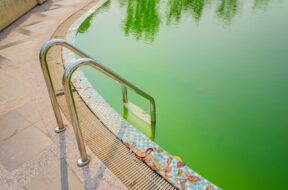
Want to learn more about algaecide? Read on to find out when to add algaecide to your pool maintenance routine and other helpful tips.
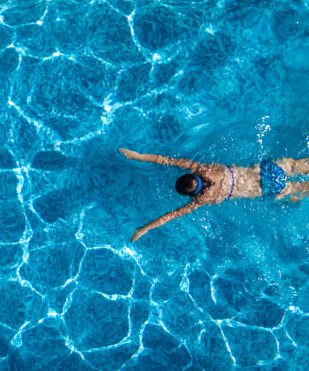
When it comes to owning a swimming pool, one of the biggest advantages you have is a healthy workout. Swimming burns many calories and is a viable alternative to running or cycling. In fact, an hour of swimming can burn upwards of 600 calories!
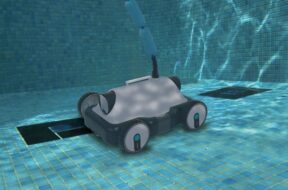
Cleaning your pool can be hard work. Robotic pool cleaners have been one of the top innovations in the pool world. Learn more here!

The Calcium Saturation Index (CSI) is a helpful tool for testing your swimming pool’s health. Read on to learn how to use it!
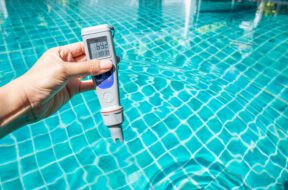
The first chlorine pool was invented and used in the year 1911 by Brown University (See source here). Since then, chlorine pools have become the most popular type of pool in the world. But is it time to rethink that norm?
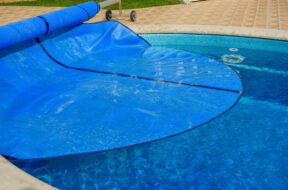
Considering a swimming pool cover? This article will touch on the pros and cons of different types to help you find the best one for you.
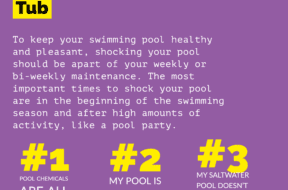
Shocking your pool should be part of your regular maintenance. It will help you avoid algae and bacteria build-up, and save you from cloudy water.

Want to learn more about algaecide? Read on to find out when to add algaecide to your pool maintenance routine and other helpful tips.
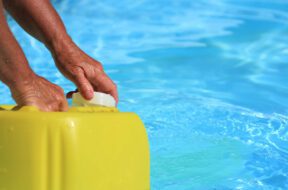
In this quick guide, we’ll answer the question “can you over shock a pool” and unveil the factors to consider when shocking a pool.
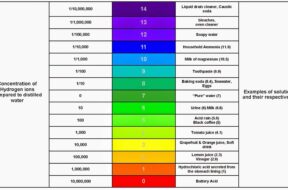
Maintaining both pH and total alkalinity in your swimming pool is important for keeping your pool properly sanitized and non-corrosive. Total alkalinity is to pH what cyanuric acid is to free chlorine. Total alkalinity stabilizes pH levels. The ideal pool pH level is 7.4 to 7.6. The ideal total alkalinity level is 80 to 120 ppm.
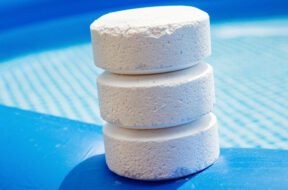
The Association of Pool and Spa Professionals recommends free chlorine levels for both swimming pools and hot tubs be kept between 2.0 and 4.0 ppm. However, the Center for Disease Control recommends free chlorine stay above 1 ppm in pools and 3 ppm in hot tubs.